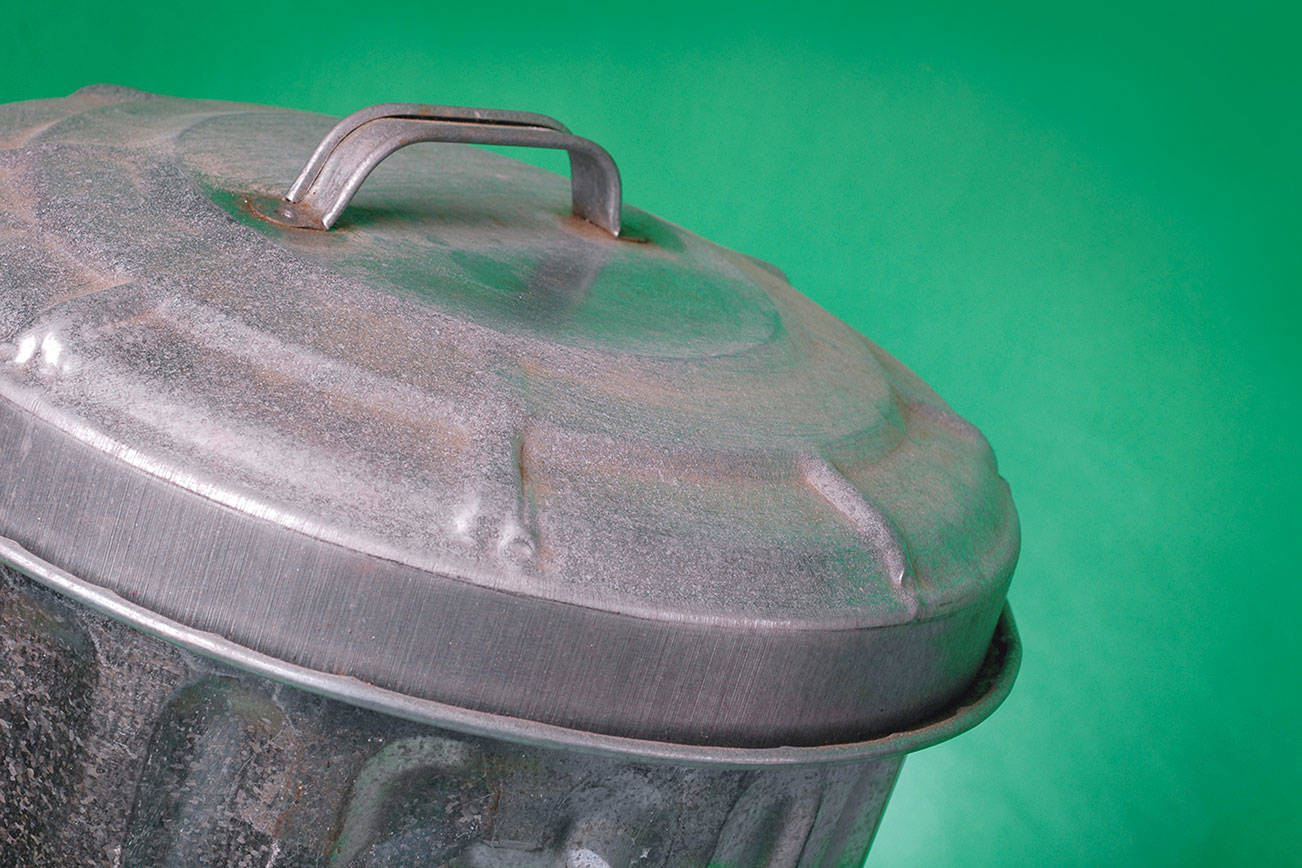The City of Auburn will extend the term of its solid waste contracts with Waste Management and Republic, and while its haulers are still picking up the trash, scout out a new extended contract through a request for proposals process.
Monday’s vote was 4-2, with Councilmembers Largo Wales and Yolanda Trout-Manuel voting no. Councilman Larry Brown was absent.
For Councilman Bill Peloza, Monday’s decision brings the City one step closer to the realization of a long-cherished goal.
“We have been trying now for 14 to 15 years to have the City of Auburn under one hauler,” Peloza said. “Right now, we have several haulers doing the city, and some of the pricing is one way, some of the container sizes are one way. This will make it consistent with other city governments’ ways of handling waste within the city.”
When the City last advertised for bids in 2016, Auburn-based Waste Management was the only company that submitted. But to give staff time to study hauling costs and related solid-waste-related issues in other cities, the City Council delayed accepting the bid by exercising the first of two, up-to-two-year extensions allowed by the present contract. The first extension expires Oct. 1, 2018 and the City will exercise its option for the second.
While Waste Management provides hauling services to some 13,000 residential and business customers throughout the city, Republic provides service to 3,000 customers on Lea Hill.
Before the vote, Laura Moser, representing Waste Management, told the council that while contract offers typically expire after 18 months, the company would be willing to consider negotiating the contract of 2016, with a few adjustments.
“You know me and you know the company I work for. We’ve been here for 20 plus years, and our relationships go far back, and our partnerships are solid and sincere. We accepted the contract you offered, and with some tweaking … we would still be eager to consider that contract with you,” Moser said.
As she noted, however, Waste Management would start such negotiations at a disadvantage.
“You know our lowest price, and you know it’s a significant increase over what you are currently paying, and it won’t be any less in 2021. Why not explore negotiations and see how it feels? You can always go out to an RFP later. … Council, we can work together on a fair price, great service, a good contract, and a unified Auburn served by an Auburn-based company. Give us a few months of good faith negotiations, and we can get there,” Moser said.
Wales echoed some of Moser’s points, as she explained her no vote.
“We can still go on later on and get a full proposal, but they are asking for a little bit more time to negotiate after they have shown some of their bottom-line positions,” Wales said. “I think we should respect that request, based on the quality of service we’ve received in the past. … They’re not saying they never want to participate in this, but they want us to come to the table and negotiate.”
City leaders had discussed several options: negotiate a new contract with Waste Management, and if the talks were successful, bring a draft contract to the City Council in September or October. The new contract would have been effective Oct. 1 2019, and encompass the entire city. If negotiations were unsuccessful, City leaders could have proceeded with the request for proposals (RFP) process.
Here are some of the services Auburn’s current contract with Waste Management offers: weekly garbage and compostable pick-up; every-other-week, residential recycling; unlimited, embedded recycling for single-family and multi-family customers; special collection events like Christmas tree recycling; bulk-item collection; and City-provided billing and customer services.
Here are some of the things Auburn’s solid waste department staff would like to see in any new contract:
• Contractor-provided billing and customer services, to streamline things a bit for customers;
• A voucher program for bulky items, so that when, say, the old hot water tank goes toes up, the customer can have the City take it away, instead of having to wait for a special collection event;
• Have the contractor service the City-owned cans, so City maintenance and operations staff no longer have to;
• Cart tagging protocols to reduce contamination;
• Removal of the 100-account limit on carry-out services for disabled residents; and
• Unlimited recycling capacity for businesses. Today, the contract limits a business’ recycling bulk to up to 1½ times its garbage service.



